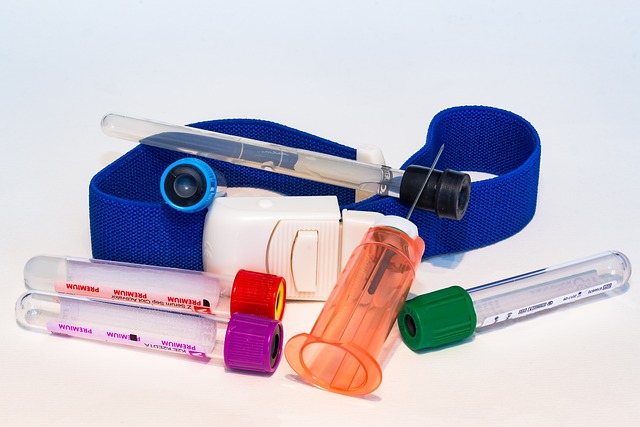Managing ADHD with Adderall: Dosage, Treatment, and Risks
“`html
Attention Deficit Hyperactivity Disorder (ADHD) is a neurodevelopmental disorder that affects millions of children and adults worldwide. For many, managing ADHD can be a daily challenge, often requiring a multifaceted approach that includes behavioral therapy, lifestyle changes, and medication. One of the most common medications prescribed for ADHD is Adderall, which combines amphetamine and dextroamphetamine. In this post, we will explore how Adderall works, its dosage guidelines, treatment benefits, potential risks, and important considerations for those managing ADHD.

How Adderall Works
Adderall is a central nervous system stimulant that increases the levels of certain neurotransmitters in the brain, particularly dopamine and norepinephrine. These chemicals play key roles in attention, focus, and impulse control. By enhancing these neurotransmitter levels, Adderall helps individuals with ADHD improve their concentration and reduce impulsivity.
Dosage Guidelines
The appropriate dosage of Adderall varies based on individual needs, age, and response to the medication. Here’s a general overview:
| Age Group | Starting Dose | Maximum Dose |
|---|---|---|
| Children (6-12 years) | 5 mg once daily | 30 mg per day |
| Adolescents (13-17 years) | 10 mg once daily | 40 mg per day |
| Adults | 10 mg once or twice daily | 60 mg per day |
Treatment Benefits
Many individuals with ADHD find that Adderall significantly improves their quality of life. Some of the benefits include:
- Improved Focus: Users often report an increased ability to concentrate on tasks.
- Enhanced Organization: Adderall can help individuals manage their time and prioritize tasks more effectively.
- Reduction in Impulsivity: The medication can lead to better decision-making and fewer impulsive actions.
- Better Academic and Work Performance: Many individuals experience improvements in their performance in school and at work.
Potential Risks
While Adderall can be an effective treatment for ADHD, it is not without risks. Some potential side effects include:
- Insomnia
- Appetite suppression
- Increased heart rate
- Anxiety or agitation
- Dependence and withdrawal symptoms
It is crucial for individuals considering Adderall to discuss these risks with their healthcare provider, who can help weigh the benefits against potential side effects.
Important Considerations
Managing ADHD with Adderall requires careful monitoring and ongoing communication with a healthcare provider. Here are a few important considerations:
- Regular Check-ups: Regular appointments are essential to monitor the effectiveness of the medication and adjust dosages as necessary.
- Healthy Lifestyle: Maintaining a balanced diet, regular exercise, and good sleep hygiene can significantly enhance the effectiveness of the treatment.
- Alternative Therapies: Consider combining medication with behavioral therapies, counseling, or support groups to achieve optimal results.
Managing ADHD can be challenging, but with the right treatment plan, including medications like Adderall, individuals can lead fulfilling and productive lives.
For further reading, check out the following sources:
“`
